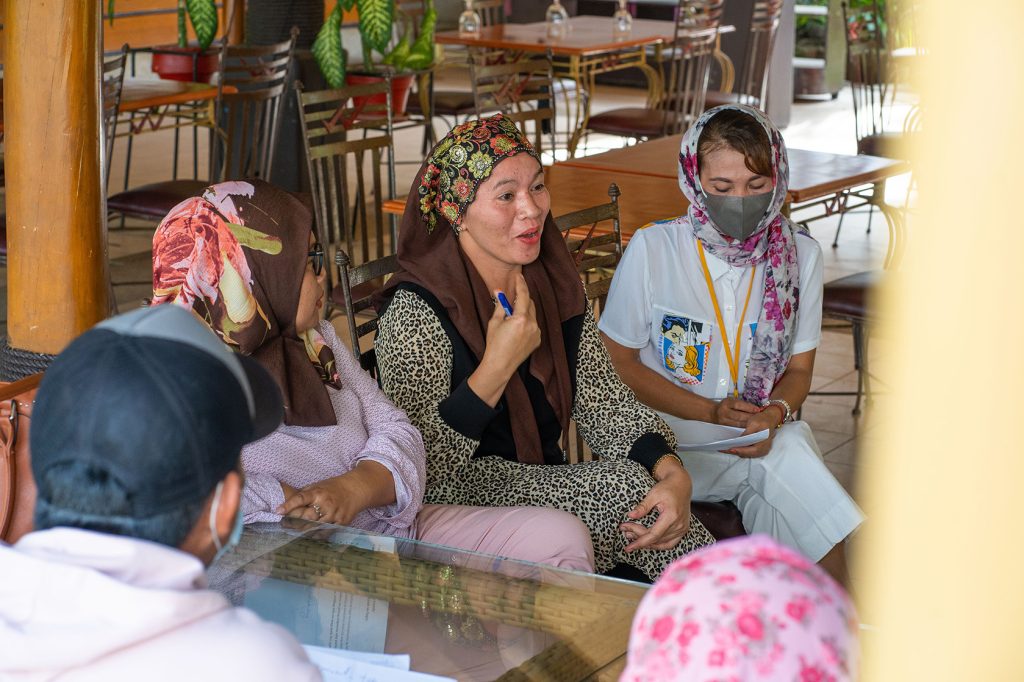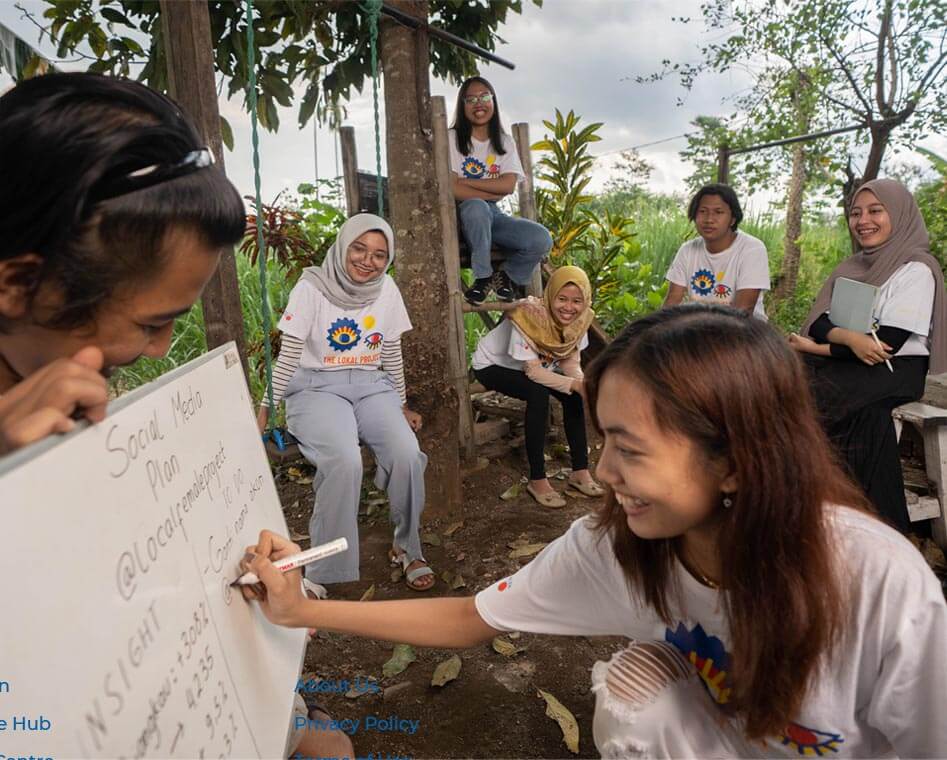2nd Advanced Women, Peace and Security Course for WPS Practitioners in the Bangsamoro Autonomous Region of Muslim Mindanao

Event Type: Training
Date: November 26, 2024 to November 28, 2024
Venue: Davao de Oro
In February 2023, the Ministry of Public Order and Safety (MPOS) launched the Bangsamoro Peace Institute (BPI), an institutional body designed for skills development and build a community of practice among peacebuilders coming from law enforcement agencies, civil societies, ministries, agencies, offices, and other relevant stakeholders in the region. Specifically, the institute was designed as a pragmatic approach to capacitate, influence, support, and build a constituency of peacebuilders in the region, equip them with the fundamental education on the nature, dynamics, and prospects of peace and security in the region, so that they may impact their plans, programs, projects, and policies.[1] In collaboration with UN Women, the BPI aims to foster synergistic partnerships with the most vulnerable populations in advancing an enduring peace in the Bangsamoro, including the Women, Peace and Security (WPS) Agenda.
By design, the MPOS and UN Women developed the Advanced WPS Course as a two-component learning course where participants complete a lecture series on various WPS areas as the first part and a field session as a second part. In addition, the course is intended to pilot a learning structure to help BPI strengthen its WPS programming.
In the same year, the inaugural cohort was organized participated by 22 WPS practitioners in the BARMM receiving course training on Women’s Inclusion in the Peace Process, Women, War/Militarism and Feminist Peace, Women and Disarmament, WPS and Security Sector Reform, and Masculinities and Gender Diversity. The Field Course on Transitional Justice delivered in April 2024.
Taking off from the meaningful gains of the first cohort as well as on the noted need for expanding the network of WPS practitioners in the Bangsamoro Region, UN Women and MPOS will be organizing the second Advanced WPS Course on 25-29 November 2024 with a particular focus on situating the WPS agenda within the dynamics of the 2025 national and regional elections as well as discussions on emerging threats. An important consideration in the new cohort’s design is given on both the potential impact of recent political developments in the BARMM as well as the documented experiences of women in political processes in the last years. As the upcoming election also concludes the BARMM government’s formal transition, deepening the skills of practitioners on WPS advocacy and implementation as well as network-building are seen as critical steps to facilitate women’s meaningful participation in this significant process.
At the end of the Course, the WPS practitioners
- Have deepened their conceptual and programmatic understanding of the issues and opportunities for WPS Agenda
- Have strengthened the network of WPS practitioners in the BARMM; and
- Have strengthened their expertise on critical WPS subject matters particularly relevant to the upcoming elections.
[1] MPOS Bangsamoro Peace Institute product document

